This article is archived and only made available for historical reference. If you’d like to discover UCSF’s most recent advances in research, education and patient care, please visit the UCSF News Center.
Archive: Our Authentic Selves: UCSF Community Reflects on LGBT Progress and Identity
In celebration of Pride Month, we are highlighting members of the UC San Francisco community who represent the LGBTQIA+ spectrum. Staff, faculty and students shared stories of overcoming prejudice, advocating for visibility, fostering inclusivity, and living their authentic selves at work each day.
What advice would they give their younger selves? How has their identity influenced their work? What can we all do better? Here are their stories, in their own words.
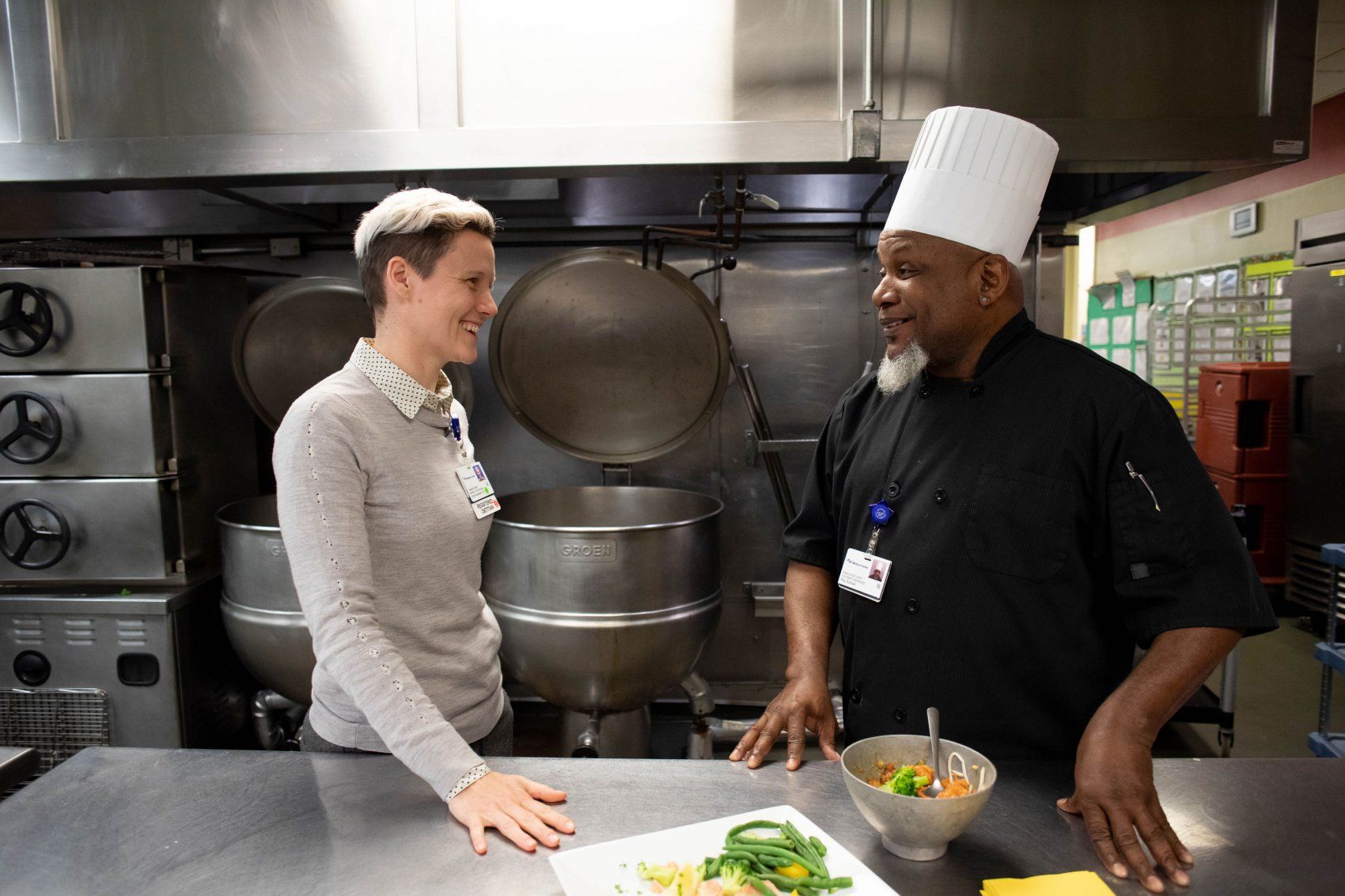
Anne Alexander, MBA, RD, assistant director for patient food services (left)
"When I started out in my career as a dietitian, I often wondered if I was the only queer person in my line of work. I kept my sexuality hidden and would use nondescript terms about my girlfriend to avoid ‘outing’ myself. However, I found out that the more I was able to be honest, the more confident I became. I realized that I felt better not carrying a secret around.
“I would tell my younger self to be patient; one day, you will get to live the way you have always dreamed of living.” Photo by Susan Merrell
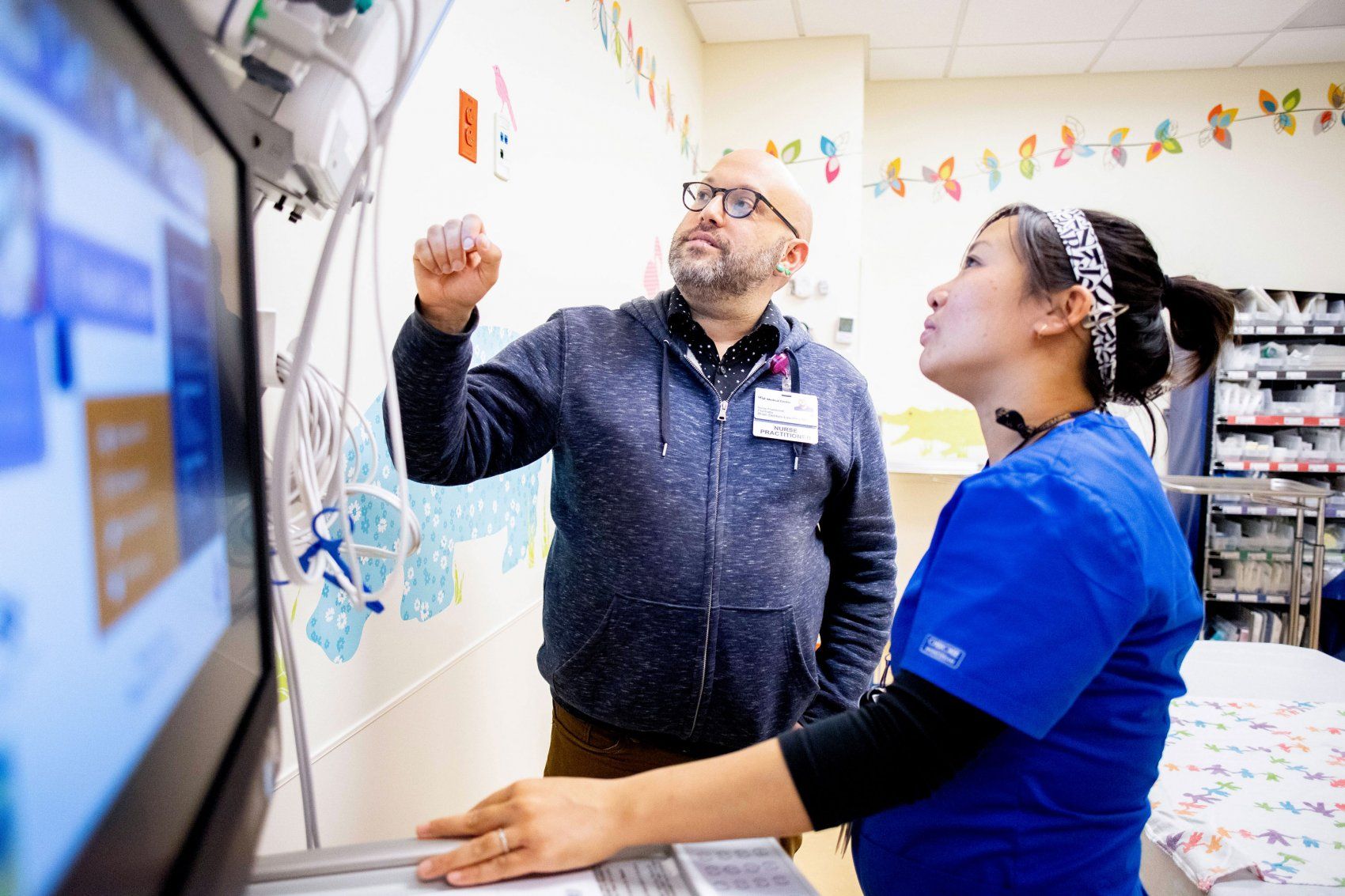
Brian Dentoni-Lasofsky MSN, MSW, PMHNP-BC, psychiatric nurse practitioner, assistant professor of health sciences (left)
“I grew up with messaging that LGBTQ individuals were ‘others,’ ‘disgusting’ and ‘wrong.’ It took therapy, coming out and a supportive circle of friends and family to move beyond the shame. I now have the luxury to be an out gay cis-male at work.
“Through my personal experiences with discrimination and privilege, I am better able to emphasize with my clients as well as explore my own privilege and utilize it to ensure a more inclusionary practice." Photo by Susan Merrell
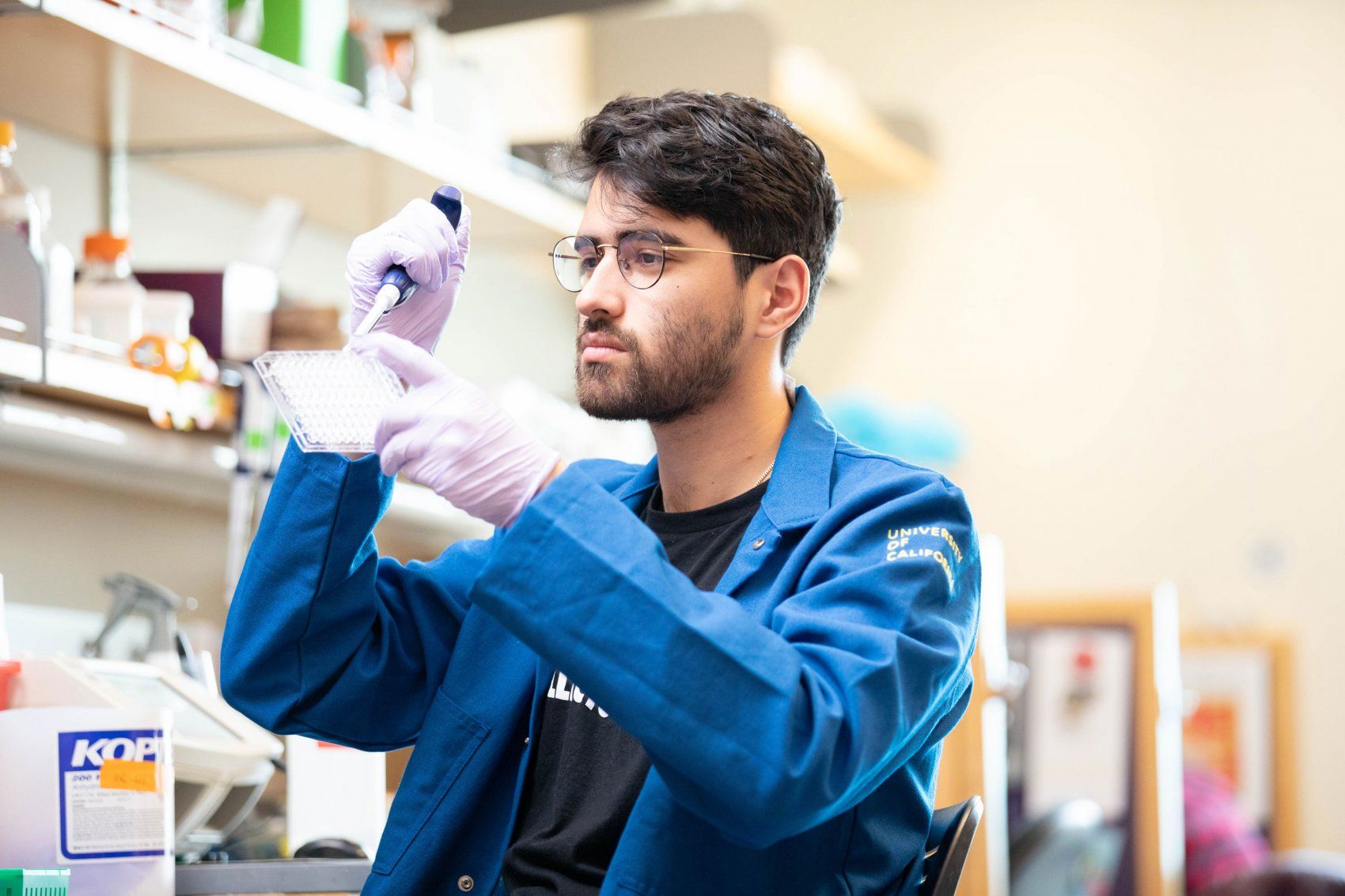
Roberto Efraín “Robbie” Díaz, graduate student in the Tetrad program
“I was aware that most of the people around me were straight. I think I handled not seeing myself represented in academia or most mainstream society by being more open and unapologetic about my identity as a queer man.
“Queer people need a seat at the table with institutional leadership where they can share their experiences. Until our voices are heard, and our existences respected, at all levels of an institution, we cannot be properly supported.” Photo by Susan Merrell
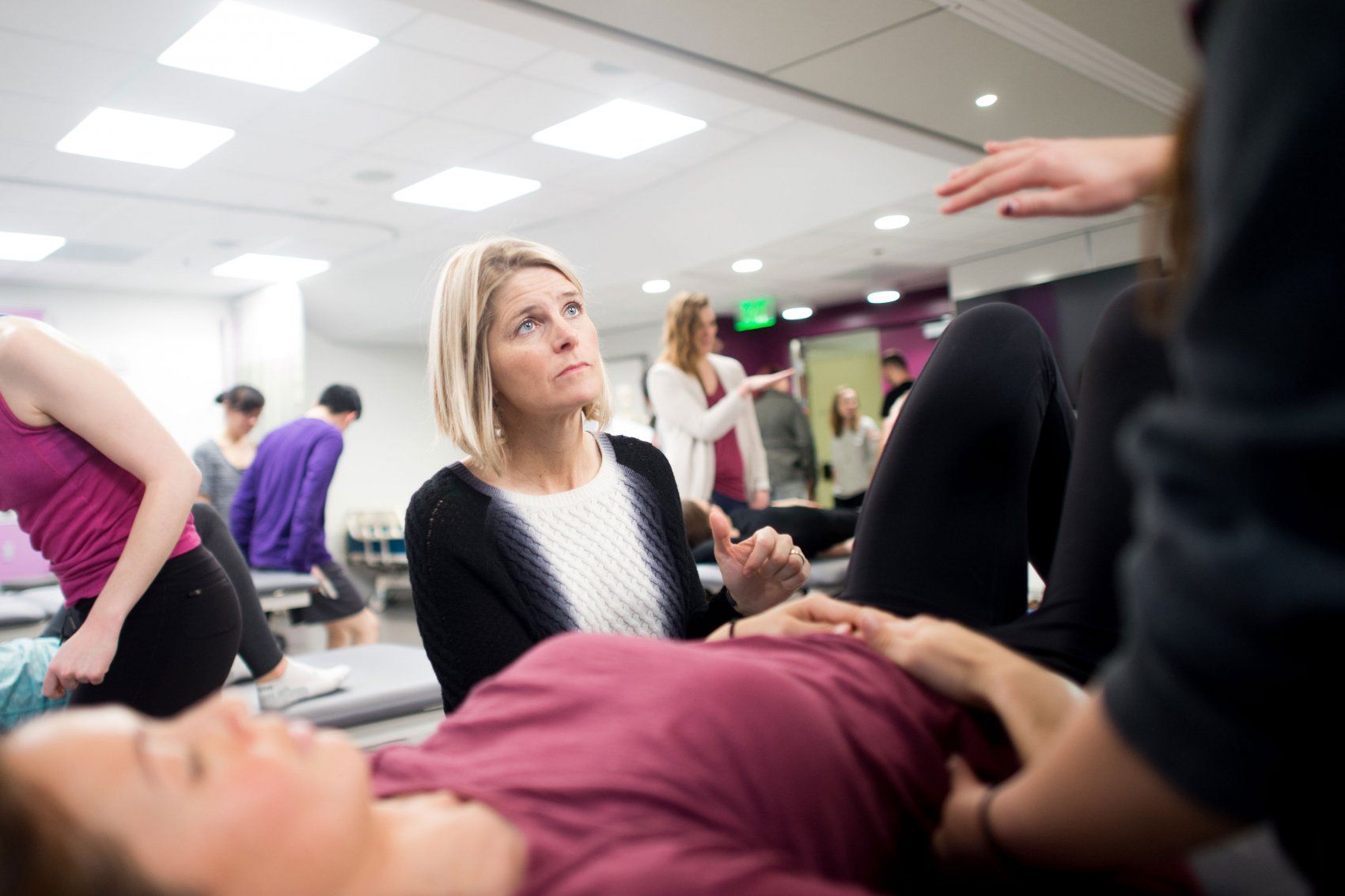
Amber Fitzsimmons PT, MS, DPTSc, chair of physical therapy & rehabilitation science
“When I started out in my career, I was not out. I was struggling with my own internalized homophobia and tried to conceal my identity. Whenever patients inquired about my personal life, I would change the topic. Or if I felt unsafe, I would lie. I hated that, but I had to do whatever was needed to keep my sexual orientation out of the conversation.
"Given that I did not share my identity with my health providers, my understanding of health disparities is framed by my own experience. I am doubling down on the time I missed to advocate for myself by passionately advocating for anyone with a marginalized experience, particularly as they engage with the health system." Photo by Noah Berger
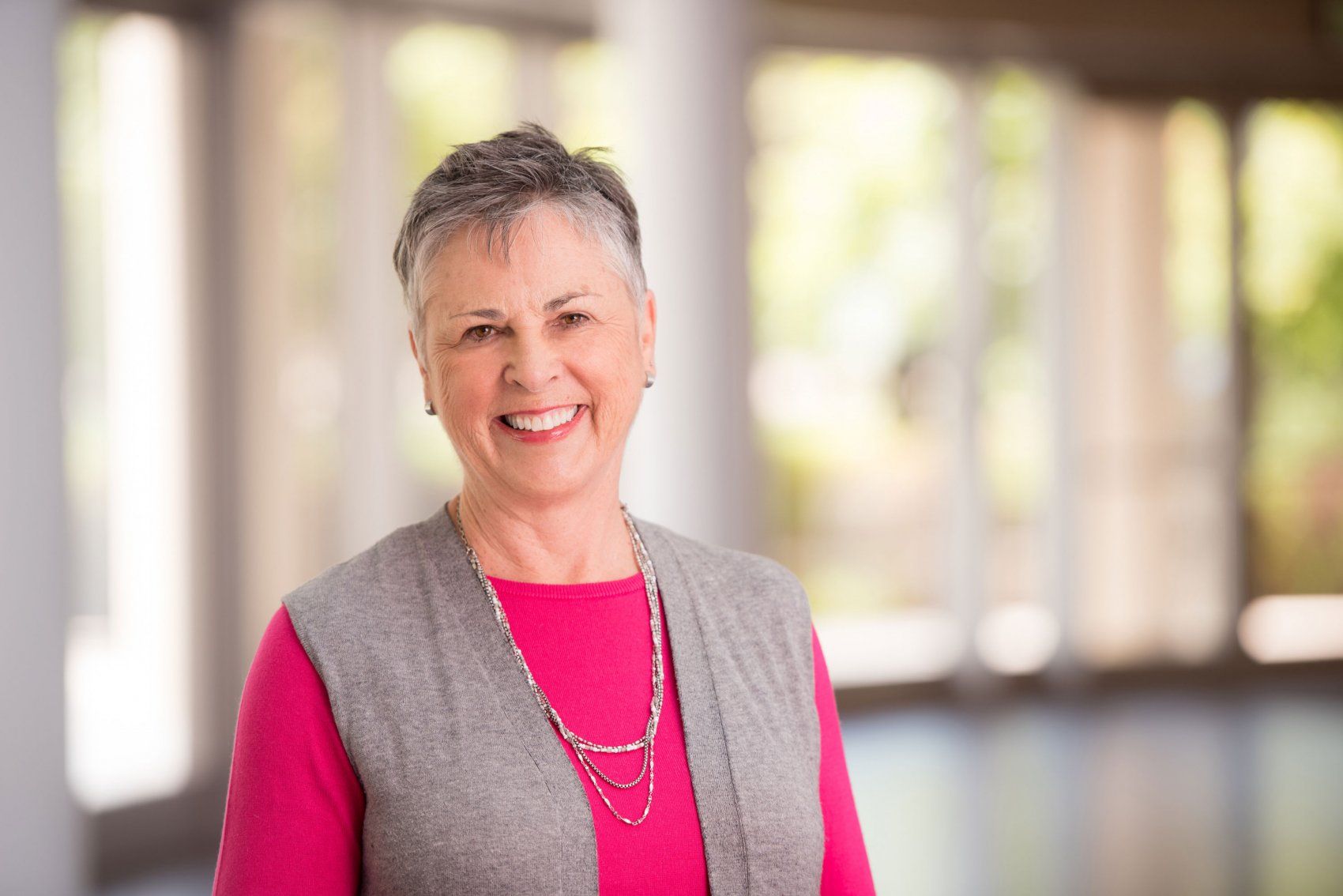
Barbara French, vice chancellor of strategic communications & university relations
“I entered the professional job force in the late 1970s. Although I was never secretive about my sexual orientation with friends and colleagues, I was not ‘out’ at work. I didn't step fully out of the closet until early 1990s. The support of my friends, the visibility of the LGBTQ community, and a supportive work environment all were factors in my deciding to live my life openly.
“Many things in life we cannot control, including other people's opinions and actions. What we can control, to a great extent, is who we are. Living life proudly and openly empowers you and empowers others." Photo by Barbara Ries
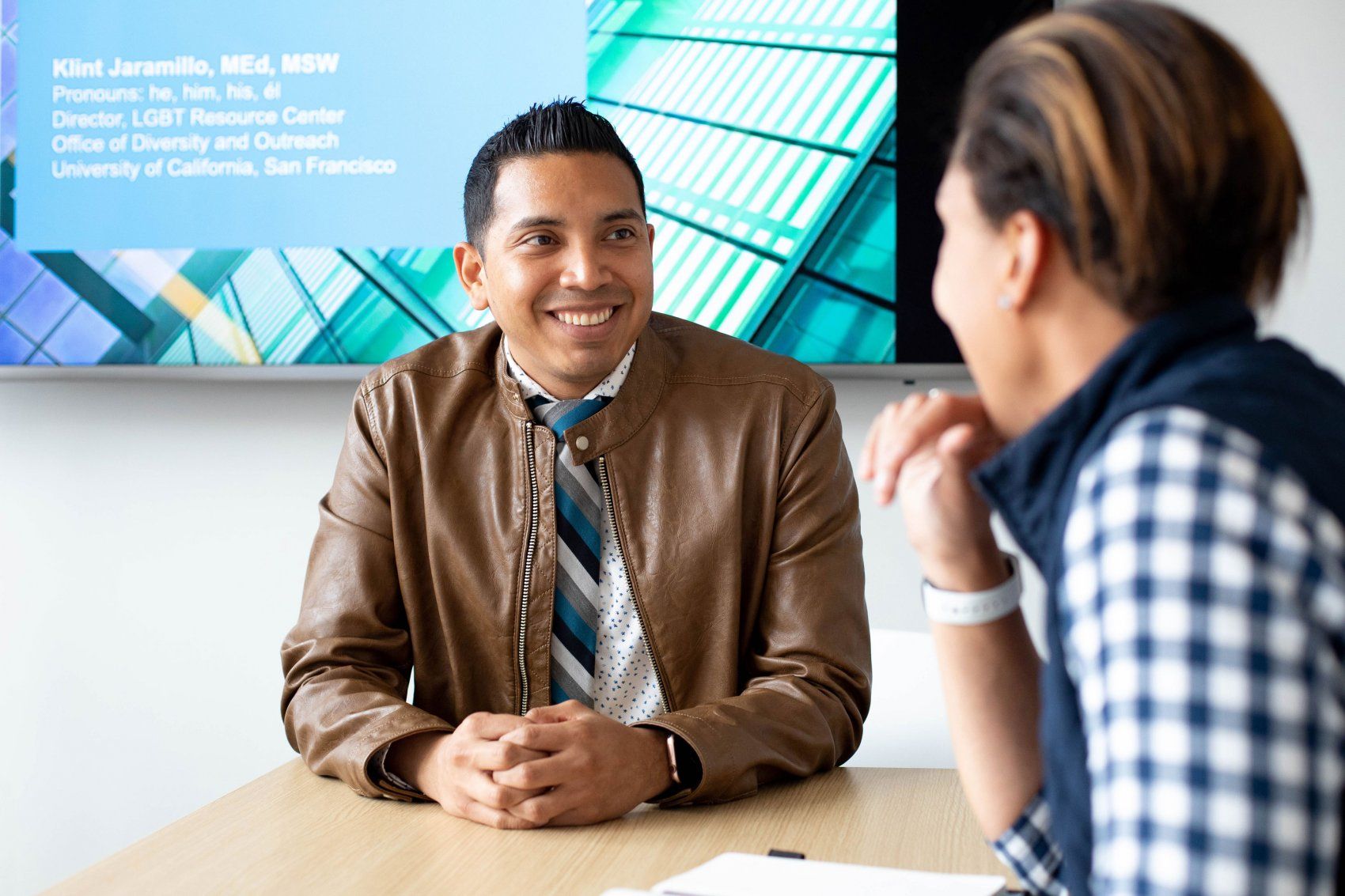
Klint Jaramillo, MEd, MSW, director of the LGBT resource center
“My experience as a queer immigrant man from Ecuador led me to pursue a career in social justice and higher education. As a director of an LGBTQ Resource Center, I constantly think about the future generations of LGBTQ leaders and how it is my duty to advocate for a more inclusive environment and climate.
“Be kind to yourself as you journey to find your truth. One day you won’t be afraid to embrace all of your complexities — and at the end you will be free to live authentically and unapologetically." Photo by Susan Merrell
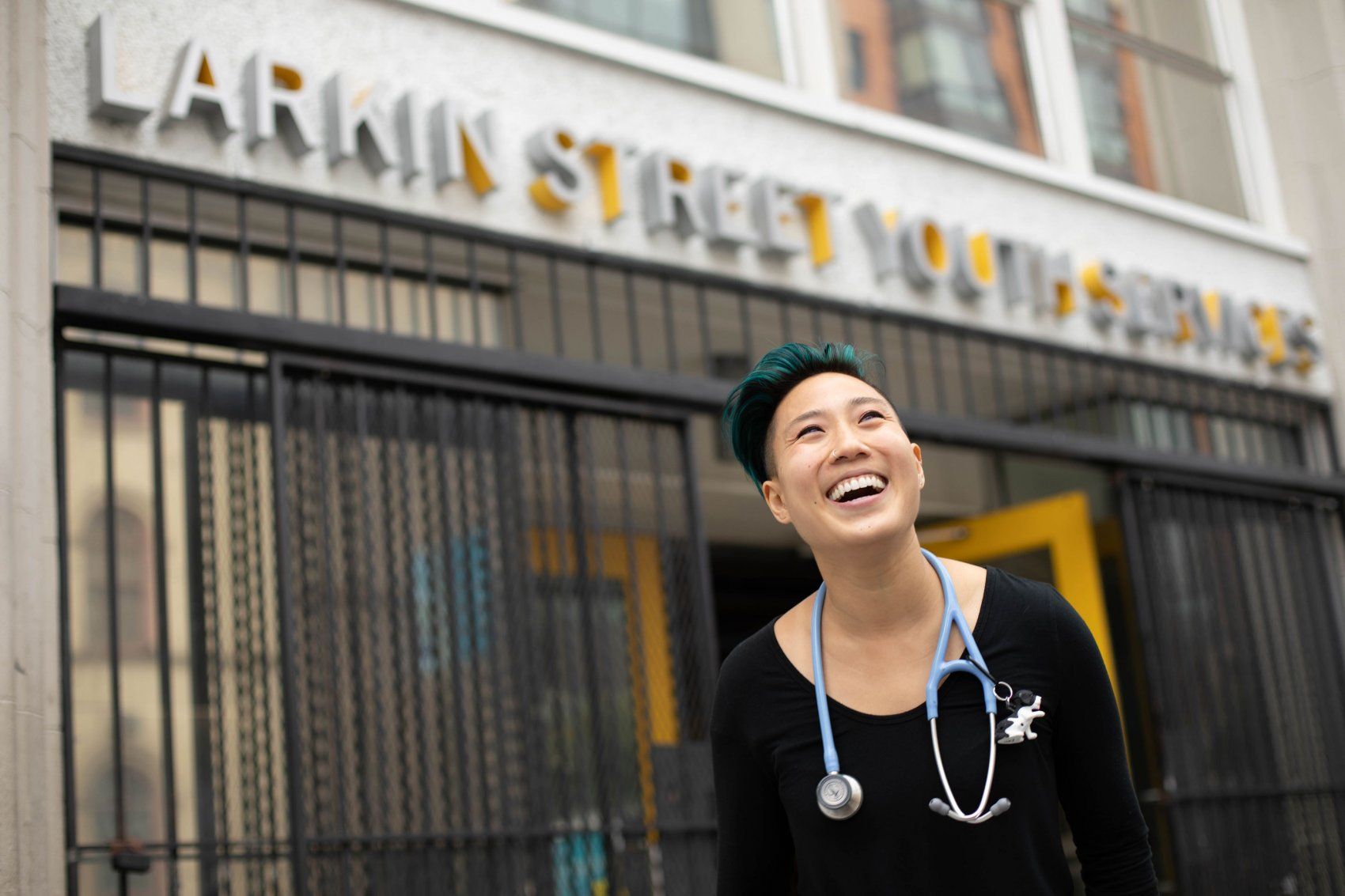
Fion Ng, RN, MSN, pediatric nurse practitioner student
“Once I entered the School of Nursing and found myself in a group of brilliant and compassionate people, I just grew into my queerness. I talked more openly about relationships, threw out all the reservations I had regarding my appearance and finally committed to feeling comfortable in my skin.
“It was nerve wracking to share such intimate space with vulnerable humans, and I would always be afraid of how folx would perceive me with my blue hair and tattoos. I've come to find that folx will respond the way they want to, but putting your authentic self forward makes for such genuine, and trusting relationships." Photo by Susan Merrell
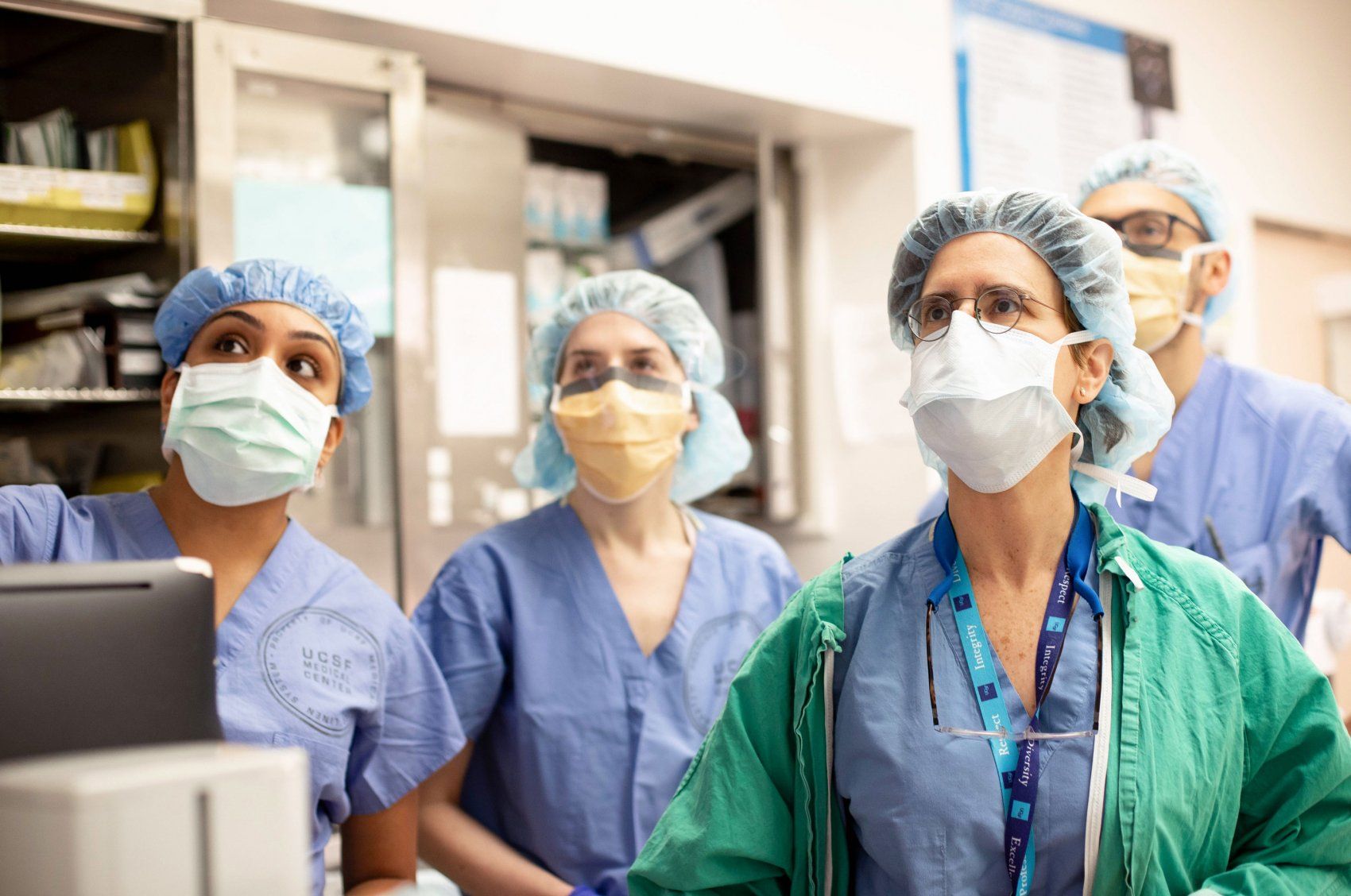
Julie Sosa, MD, MA, FACS, chair of the Department of Surgery (front right)
“LGBTQ Pride is about community, togetherness, strength, boldness and perseverance, memorializing the courageous Stonewall Riots, and celebrating our own lives, freedom and equality in the world. The fact that I am chair of UCSF Surgery is proof of the advances made, in part because of the courage of the people at that watershed moment in history.
“At UCSF, many LGBTQ faculty and learners still feel like outsiders, with some of the lowest scores on engagement surveys. We need to understand this better, and make changes to allow LGBTQ people to be their authentic selves, so that they feel like they ‘belong’ in our UCSF community.” Photo by Susan Merrell
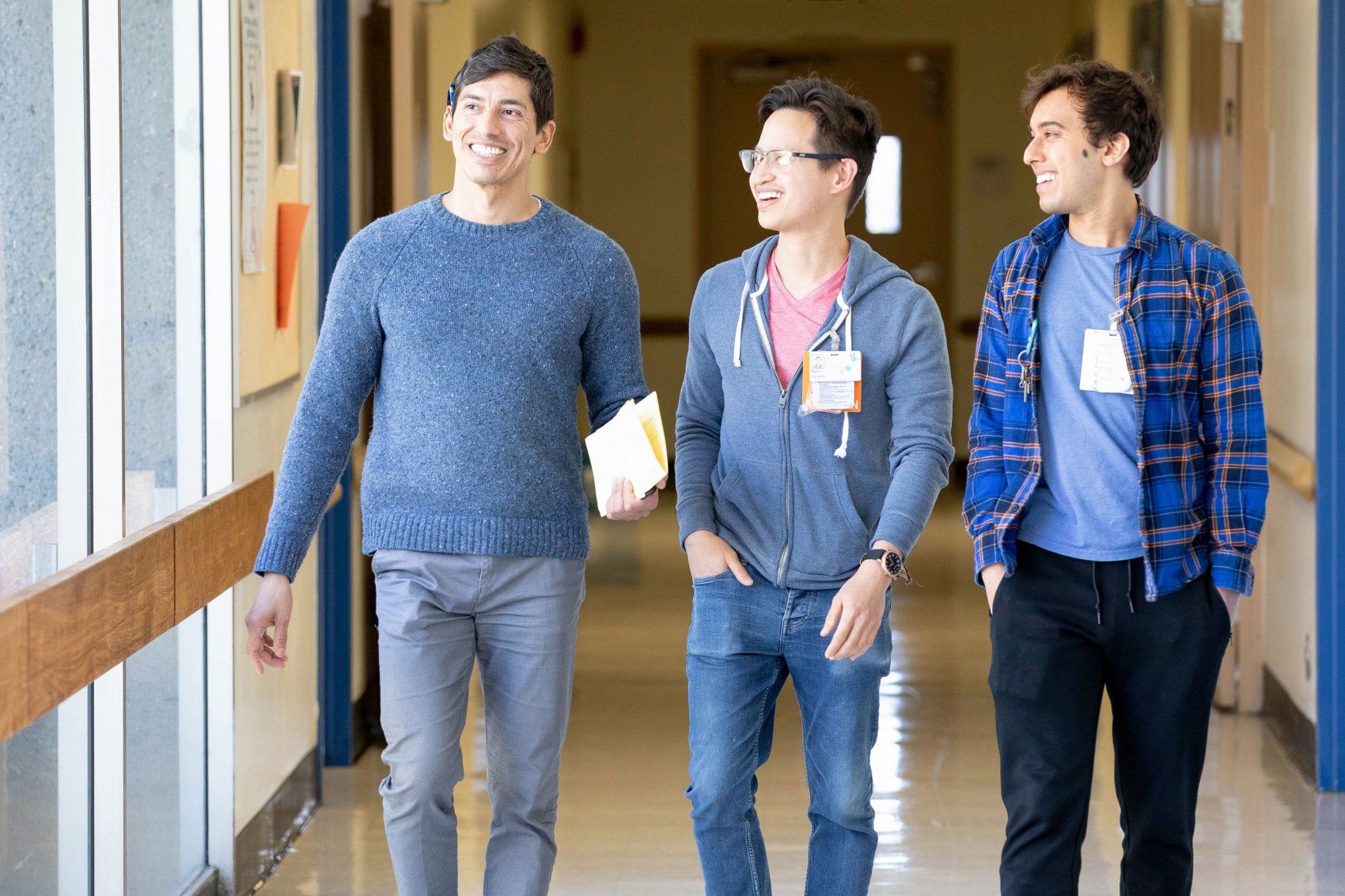
Peter Ureste, MD, assistant professor of psychiatry (left)
“When I started in medicine, I was often made aware of my sexual orientation by its lack of recognition during the clinical encounter. Co-residents and attending physicians would often assume that patients were heterosexual and cis-gendered. Some patients used gay epithets, and these biases often went unaddressed. To handle this, colleagues and I advocated that health care providers undergo sensitivity training and address micro- and macro-aggressions as they arise. I personally decided to be ‘out’ and promote visibility. We can first recognize that sexual minorities exist; then we can create curricula to educate future health professionals about health disparities and other issues affecting LGBTQ individuals.” Photo by Susan Merrell